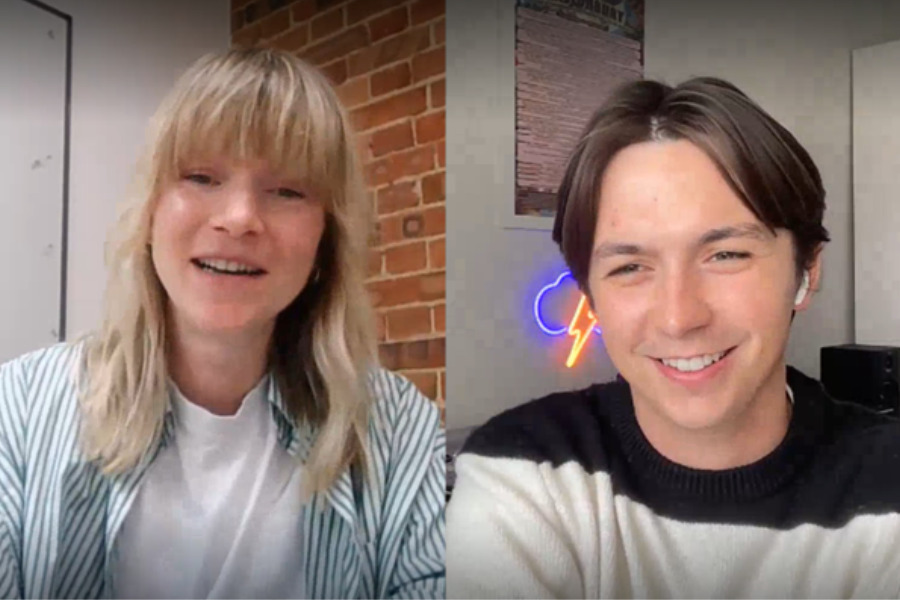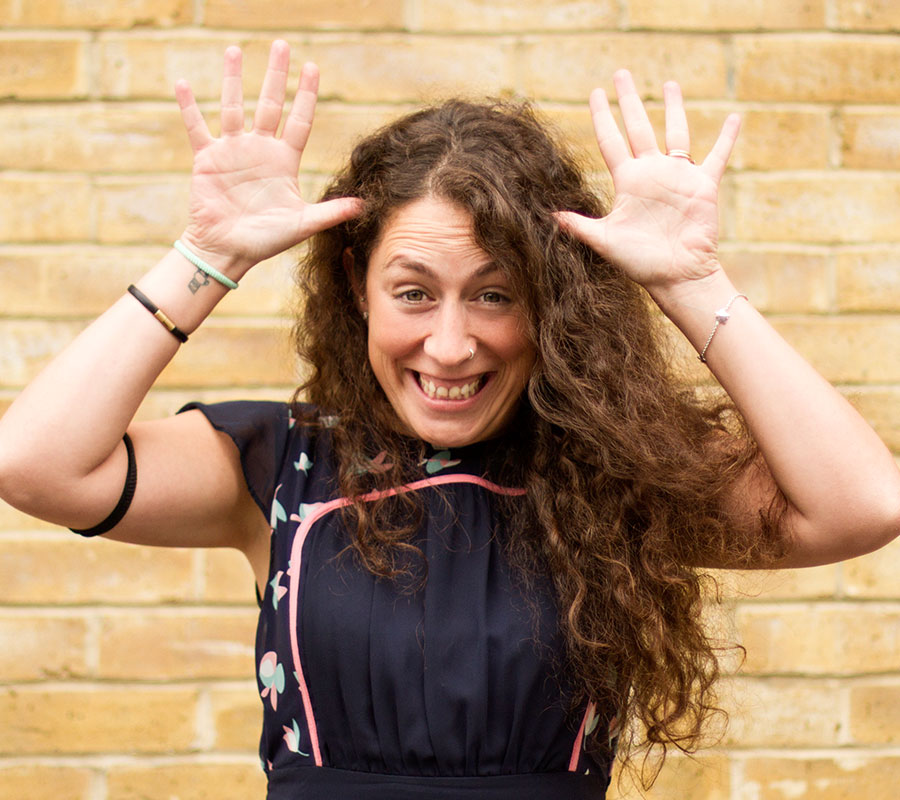
In our first video interview with Harry Seaton, Founder of influencer marketing agency, Fluential, we dig into everything from getting tangible ROI when working with influencers to ‘de-influencing’ trends and whether influencers still have influence, in the age of social media democratisation.
Read through a few of the highlights here and watch the full video below to get the real insights on influencer marketing trends in 2023.
What Is the Role of an Influencer in 2023 and Does It Have a Bad Name?
Yes unfortunately I do think that, incorrectly, influencers have a bad name in 2023 and often when something happens with one of them in the news they’ll be referred to as an ‘influencer’ as it’s the term most people know already.
For me the key difference between an influencer and a content creator is that an influencer is someone who people listen to, someone who might have expertise or years of experience in a specific field and might influence opinion or inspire action. While a content creator purely makes content for social media platforms, and perhaps doesn’t have that background of expertise or experience to speak knowledgably about. But you can be both – some big influencers started off as content creators and now are just the ‘front man’ of their profiles or brand, purely because they don’t have the time to do the film, editing, audio and publishing themselves!
Ultimately, the two go hand in hand but they’re not the same thing.
What Do You Think About the ‘De-influencing’ Trend That Gained Momentum This Year? Is It a Fad or Something Influencers With Brand Deals Should Worry About?
Personally, I look at ‘de-influencing’ in a slightly different way. There’s always going to be people ready to say something negative and in this day and age of reach being readily available and discovery coming to people who weren’t even looking for it, I think having some negativity about brands or products is inevitable and not necessarily a bad thing – it’s just a counter opinion!
Also, we have to be aware now that a lot of influencers aren’t followed by people because of their taste in clothing, food or cars, it’s because they have a tendency to be provocative and say inflammatory things – to be entertaining essentially. So those influencers aren’t looking to ‘influence’ anyway, if you see what I mean.
I don’t think it should be a worry really and if you are a brand that’s concerned, perhaps address your product first and address what ‘negative’ or counter opinions people may have been talking about.
There’s Still a Pervasive Sentiment That Being an Influencer Isn’t a ‘Real Job’ and There’s a Worry That You Won’t Be Left With Any Transferable Skills Should You Want to Stop ‘Influencing’. What Is Your View on This?
Firstly I would say that being an influencer is a viable career path because if you’re commercially minded and have the support around you, you can use the following you have, the skills you’ve learned about marketing and any money you might have made from it and build your own media agency or product range, without needing your name front and centre, per se. Take the well-known influencer Zoella, she launched her blog in 2008 and YouTube in 2009, followed by three books from 2014 – 2016. In 2014 she launched Zoella Beauty, a brand of beauty products and not long after, rolled out lifestyle products too.
The reason why I mentioned Zoella is because she’s a great example of how starting as an influencer has led to success and longevity for her! Ella Woodward is another example; she started as a food blog in 2012 about her exploration of food as a medicine for her recently diagnosed medical condition. Fast forward to 2023 and Ella has a food range stocked in Waitrose, numerous cookbooks and even a restaurant in central London.
Both are great (if extreme!) examples of how being a content creator or influencer can be a great launching pad to success for those who are entrepreneurially minded, if you’re interested and have the ambition to build something for yourself. On a more relatable scale, the marketing, social media and communication skills that content creators use and hone every day just making their own content are very transferable skills when it comes to digital and marketing fields.
Have You Seen Influencers You’re Working With Applying TikTok SEO?
Yeah definitely, everyone would have seen when they go on TikTok that the search bar is automatically populated with something – hopefully – relevant to the video The results are pulled from a mixture of captions, hashtags and what it can detect in the video. I personally have used this a lot – I try and write all my captions to inspire engagement or help from an SEO perspective on TikTok. You can also do these gigantic captions on TikTok. What’s interesting is seeing more creators ‘blow up’ in a massive way, especially in terms of informative content, and they’re basically copying and pasting the content of the video into the caption. Again, there isn’t any tangible data to prove that its worked, but I have seen a lot of people do it and have a lot of success from it. I would say it’s definitely something to consider as the algorithm can be rewarding.
A good video will still find the audience, but it’s no doubt going to help you and give you a boost in the early days.
At Passion we understand the importance of an influencer marketing strategy as part of your broader digital marketing efforts. There are a lot of benefits of influencer marketing including reaching your audience in a more effective way and increasing your brand awareness. If you’d like to explore social media influencer marketing, get in touch with our team. We work closely with influencer marketing companies like Fluential to execute marketing campaigns across all channels.
 Cecilia De La Viesca
Cecilia De La Viesca